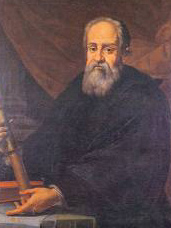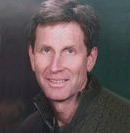 by Vasko Kohlmayer –
by Vasko Kohlmayer –
Many people think that religion is incompatible with science, because they have been told that science refutes God. Nothing could be further from the truth: The more science investigates the world, the more it points to God.
There are many examples of this. Let us here look at what is perhaps the most striking one. Until the 20th century, most scientists believed the universe was eternal and that it had always existed.
But in 1915 Albert Einstein developed his General Theory of Relativity. When its equations were applied to cosmology, their implication were astonishing: The universe was not static, but it began from an ultra-dense dot at some point in the past. [Read more…]

 by Brian Thomas, M.S. –
by Brian Thomas, M.S. –




